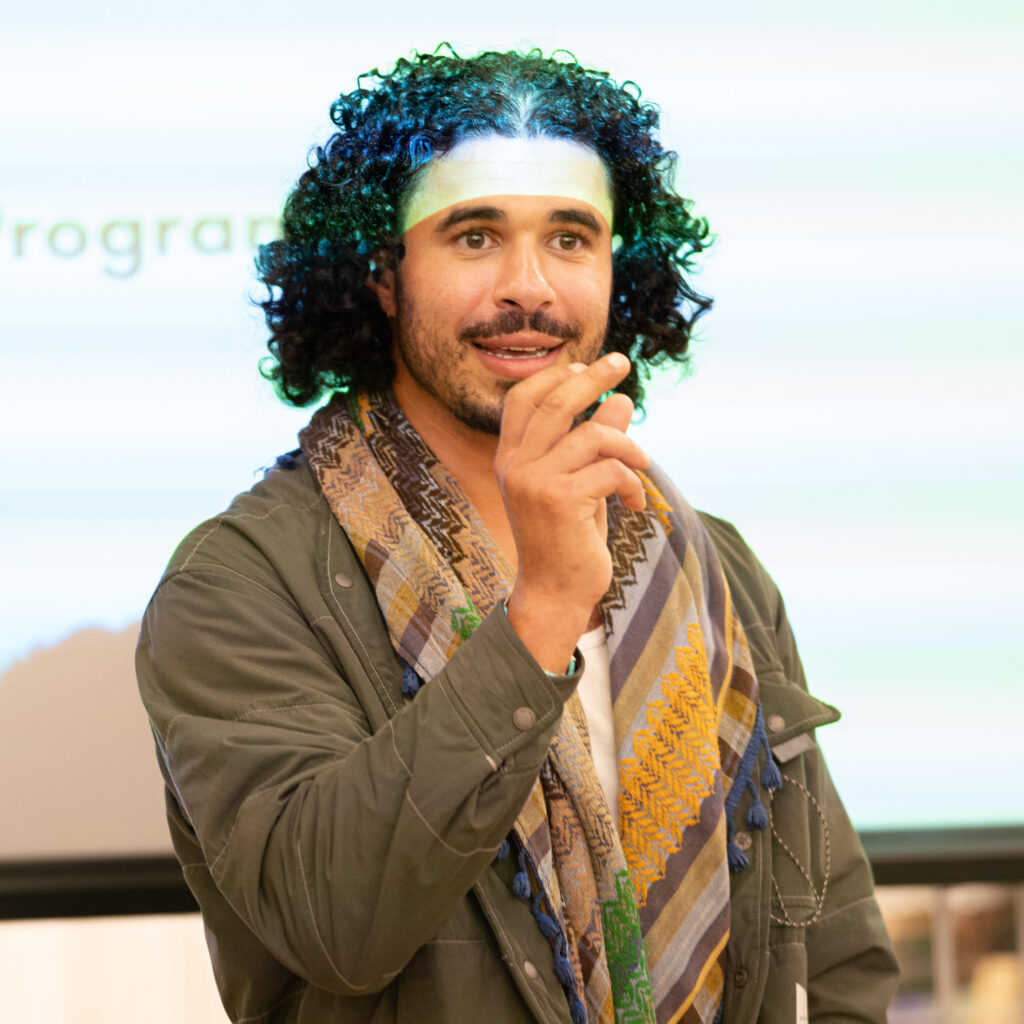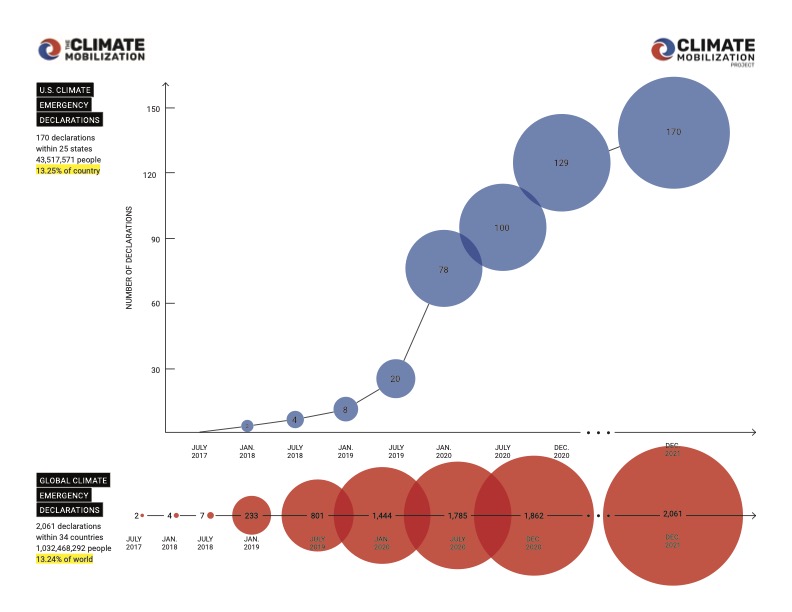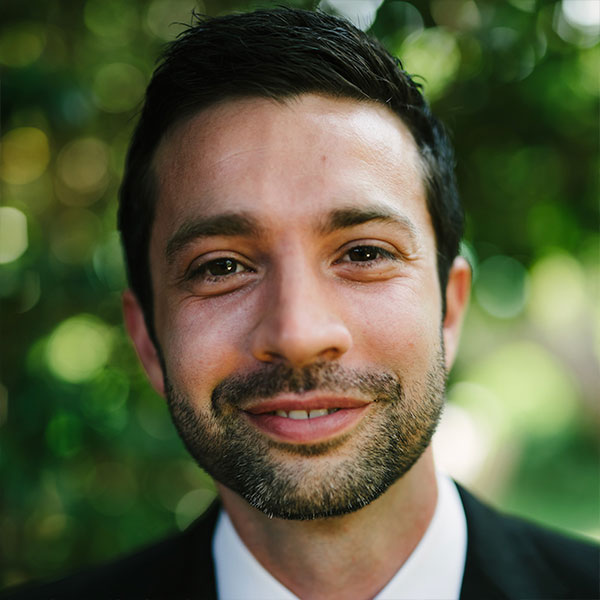Global Climate Strike

Last week, more than 6 million people participated in a global Climate Strike. Focused on two “Fridays for Future” — these mass uprisings locally organized in cities throughout the world were part of the largest climate action in history. For just a fraction of the photos and coverage of the strikes, you can read Vox, NY Magazine, and Esquire.

The weeklong Climate Strike actions were the result of months of organizing by thousands of local groups, many led by young people of color and indigenous leaders like 13-year-old Supriya Patel, who led a 1,000-person rally in Sacramento, California. The school strike movement began with Greta Thunberg, who began sitting alone, outside Sweden’s parliament building every Friday back in August 2018. In 15 months, her solo strike has been joined by millions. Greta joined strikers in New York, where she delivered a passionate speech to world leaders at the U.N. Climate Action Summit condemning their inaction, refusing to absolve them of their responsibility in creating the crisis, and demanding action at emergency speed on behalf of her generation.

Climate Emergency Declarations as a key demand
More than 30 climate strike groups in U.S. cities from San Diego, California to Portland, Maine included local declarations of Climate Emergency among their key demands for the strike.
Decarbonization at emergency speed: 1080 global declarations and counting!
As of October 1, 2019, more than 1,080 governments, representing 265 million people, have declared Climate Emergency. This is up from about 250 at the beginning of this year.

This includes the national governments of the United Kingdom, Austria, Portugal, and Argentina, local governments of 6.6% of the U.S. population, and Old Crow — the northernmost community in Yukon, Canada.
An early analysis from the U.K. supports the idea that declarations of Climate Emergency have been successful in speeding decarbonization in the declaring municipalities. We plan to spread this campaign far and wide in the U.S., to put political pressure on the federal government, while simultaneously preparing local populations for WWII-scale Climate Mobilization. We see this theory of change working in the U.K. where the Labour Party voted to back a Green New Deal that would target net-zero emissions by 2030.
On the national front in the U.S., the Climate Emergency Declaration Resolution in Congress now has more than seventy co-sponsors, including Democratic presidential candidates Cory Booker, Kamala Harris, Amy Klobuchar and Elizabeth Warren. Senator Sanders is the author of the resolution in the Senate. If your Members of Congress has not signed on, they need to hear from you. Visit ClimateEmergency.US to write to each of your Representatives in two minutes.
California
The University of California and cities across the state are beginning to act on their climate declarations, taking small but important steps toward decarbonization. Just one day after it declared a Climate Emergency, the University of California committed to completely divesting its $70 billion pension fund and $13.4 billion endowment from fossil fuels.
California has also seen a major tipping point toward electrification in new infrastructure in the last few weeks, as six cities in California have followed Berkeley’s example and have banned natural gas in newly constructed buildings, with 50 more cities reportedly considering a similar ban. We are pleased that Berkeley cited their Climate Emergency Declaration in the new law, and that this action aligns with our “Ban + Plan + Expand” post-declaration policy guidance.
Democratic Candidates Adopt Language of WWII Mobilization
We are proud that the language of our mission — to initiate a WWII-scale mobilization to reverse global warming and the mass extinction of species in order to protect humanity and the natural world from climate catastrophe — as well as the wider goal of the Climate Emergency movement to get to zero emissions by 2030, continue to be embraced by Democratic presidential candidates.
Senator Sanders and Naomi Klein put out a video on social media last week calling for WWII-scale mobilization.
Both Marianne Williamson and Tom Steyer have put forward robust climate plans in line with Climate Emergency Movement demands. In her climate platform Williamson states, “What is necessary is a full scale climate emergency mobilization effort, not unlike the kind of effort undertaken by the United States during WWII. Without such an effort, the world will begin to see social collapse and mass starvation unprecedented during our lifetime.”
Steyer’s website asserts, “Tom is the only candidate that will declare a national Climate Emergency on day one and use the powers of the presidency to address the crisis.”
Elizabeth Warren has called for the U.S. to achieve net zero carbon emissions by 2030, calling the climate crisis “The ultimate threat to every living thing on this earth.”
What’s Next
The Rebellion is growing. The transnational, decentralized direct action group Extinction Rebellion (or XR) is planning a week of international rebellion — joyful direct action aimed at disrupting business-as-usual and drawing attention to the accelerating Climate Emergency and ecological crisis, from the U.K. to Australia to Sri Lanka. The International Rebellion builds on a major series of actions in London in April and more recent Climate Strike events, where XR affinity groups, along with activists from Rising Tide, 350.org, and other local organizations, shut down traffic in Boston, DC, Denver, and Los Angeles.
The Climate Emergency movement is building power — through Climate Emergency Declarations, marches, and direct action. These actions don’t just put pressure on governments — they build real hope. Even those who just watch news coverage of climate marches are more likely to believe we can collectively address the Climate Emergency after seeing millions rise up to demand action. We’ve come so far in the past year, and it is essential that we all become involved, continuing to push for a just transition and an end to fossil fuel pollution.
Famous on Youtube
Comedian, social media personality, and TV writer Demi Adejuyigbe caught our attention in September with this video, his now annual “Sept 21” tribute. Proceeds from T-shirt sales associated with this year’s video (over 1.4 million hits and counting) go to our 501(c)3 nonprofit partner, Climate Mobilization Project. Many thanks to Demi Adejuyigbe for helping us spread and strengthen our message!
Organizer trainings
This weekend, 25 Climate Emergency organizers from around the U.S. will gather in Chicago for the first ever Climate Emergency Campaign training led by trainers Korii Northrup and Chris Brown, along with our Organizing Director Rebecca Harris. They will learn skills for involving more people and organizations in responding to the Climate Emergency, and will leave able to facilitate a Climate Emergency Response Training for others in their communities.
On Tuesday October 1, 65 people gathered online to learn about starting new Climate Emergency groups in their communities. On the call, we announced the release of a new Climate Emergency Campaign Guide, which you can access as part of our Organizer Toolkit.
Climate Mobilization in the New York Times
Professor Roy Scranton of Notre Dame wrote a New York Times opinion piece questioning the wisdom of using the historical reference of WWII to call for climate action. His critique ultimately comes around to endorse large-scale mobilization of the economy and society to generate the transition we need to save ourselves from runaway climate change. We have submitted our response to the NYT editors and await publication.
Ban + Plan + Expand
Our research team recently published a policy framework to guide local governments that have declared a Climate Emergency through next steps toward full mobilization. Executive Director Margaret Klein Salamon and Research Director Laura Berry co-authored an article in Truthout explaining this policy framework:
“Climate Emergency declarations are the first step toward shifting society into Emergency Mode, where we take all necessary action to address the crisis situation we face. Local governments can take immediate action to mobilize people and resources toward addressing the Climate Emergency in their backyards through a three-pronged approach that can be characterized as “Ban, Plan, and Expand.”
Ban: Phase out fossil fuel infrastructure, stop burning fossil fuels and divest from climate-damaging industries
Plan: Democratize the Climate Emergency response, establish a Climate Emergency Mobilization body and create a Climate Mobilization action plan.
Expand: Governments that have declared climate emergency can multiply their impact by reaching:
Downwards — on the local level to municipal projects, which multiplied by the thousands will make a tremendous impact.
Upwards — advocating for state and national climate emergency commitments, programs and legislation.
Outwards — to governments across the globe.
For more detail on this plan visit the Ban + Plan + Expand webpage.
Thank you for your commitment to this work and for helping to make it possible. We are powered by the donations of individuals who want to make a Climate Mobilization real. Please consider joining with us by making a recurring contribution.


















